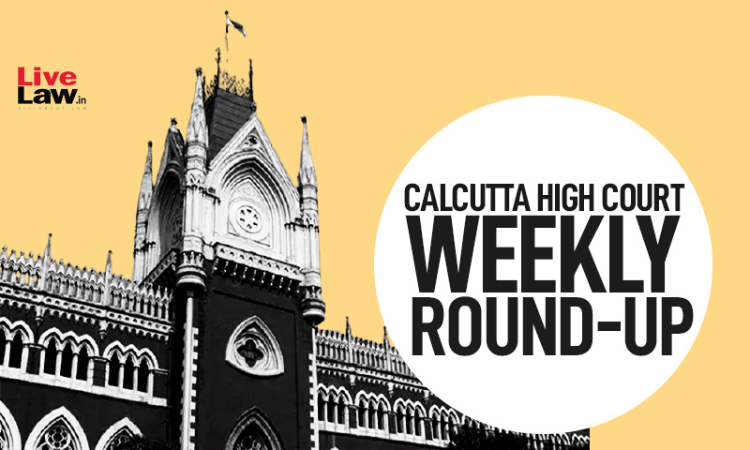Next Story
28 Aug 2023 2:00 PM IST
NOMINAL INDEXSurojit Dasgupta Vs State Of West Bengal And Ors 2023 LiveLaw (Cal) 229Dwaipayan Das Vs. State of West Bengal & Anr. & connected application. 2023 LiveLaw (Cal) 230Sri X v State of West Bengal & ors 2023 LiveLaw (Cal) 231Sanjoy Mondal Vs. The State of West Bengal 2023 LiveLaw (Cal) 232Bishal Das & Ors. Vs. The State of West Bengal & Ors 2023 LiveLaw (Cal)...

